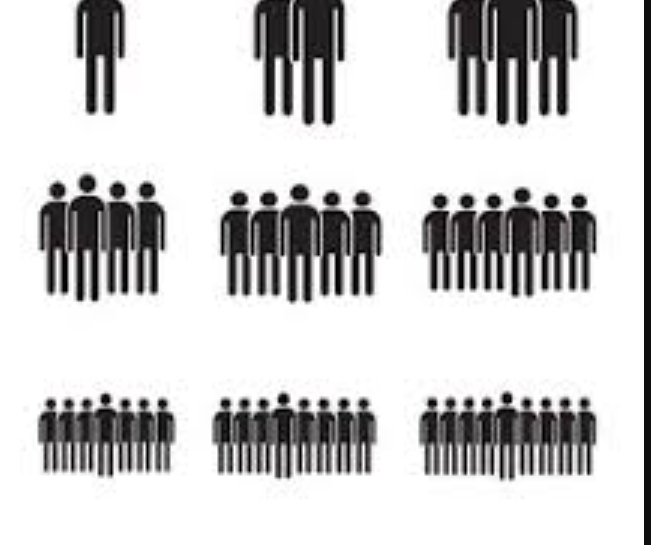Implications for Population Replacement Theory
Population replacement theory is a concept in demography that posits the replacement of one population by another over time. This theory suggests that as a result of various factors such as migration, fertility rates, mortality rates, and other demographic processes, a population may be gradually replaced by a different group of individuals. This phenomenon can have significant implications for the social, security, economic, and political dynamics of a society.
One of the key mechanisms through which population replacement can occur is through migration. When individuals from one population move to another region or country in large numbers, they can gradually replace the existing population in that area. This can lead to changes in the cultural, linguistic, and ethnic composition of the population, as well as impact on the labor market, social services, and political representation.
Another factor that can contribute to population replacement is differential fertility rates. If one group of individuals has higher fertility rates than another, over time, they may come to dominate the population and replace the lower-fertility group. This can have implications for the age structure of the population, as well as for the distribution of resources and opportunities within society.
Mortality rates can also play a role in population replacement, particularly in cases where one group of individuals experiences higher mortality rates than another. This can lead to a decline in the population of the higher-mortality group and an increase in the population of the lower-mortality group, ultimately resulting in population replacement.
One example of population replacement theory in action is the demographic changes occurring in many Horn of African regions as a result of immigration. In countries such as Djibouti and Somalia and various other nations, immigration may lead to the replacement of the existing population by individuals from different cultural, ethnic, and linguistic backgrounds. This is likely to spark serious debates about issues such as multiculturalism, integration, and national identity, as well as concerns about the impact of population replacement on social cohesion and political stability.
In conclusion, population replacement theory is a useful framework for understanding the dynamics of demographic change and the implications of population shifts for society. By examining the factors that contribute to population replacement, such as migration, fertility rates, and mortality rates, researchers can gain insights into the complex processes shaping the composition of populations, challenges and opportunities that may arise as a result.




